An RESP is aimed at saving for post-secondary education - whether that be university, college, or trade school.
An RESP gets you free money from the Canadian government - yes, free money! And, you pay less in taxes.
Again RESPs are not well utilized by Canadians, but that is about to change
Watch below to learn more.
WHAT YOU LEARN
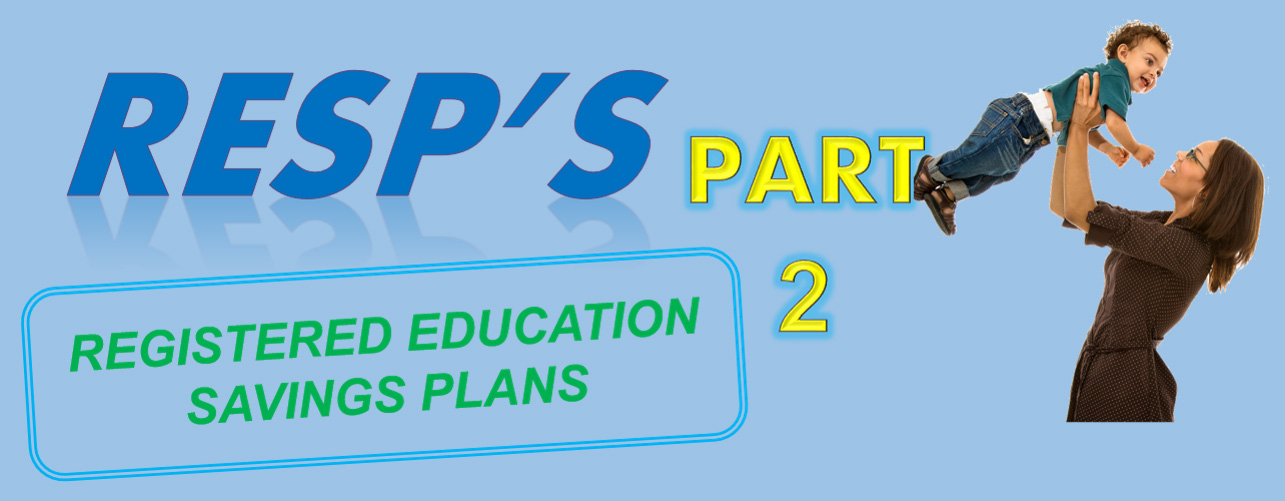
WHAT YOU LEARN
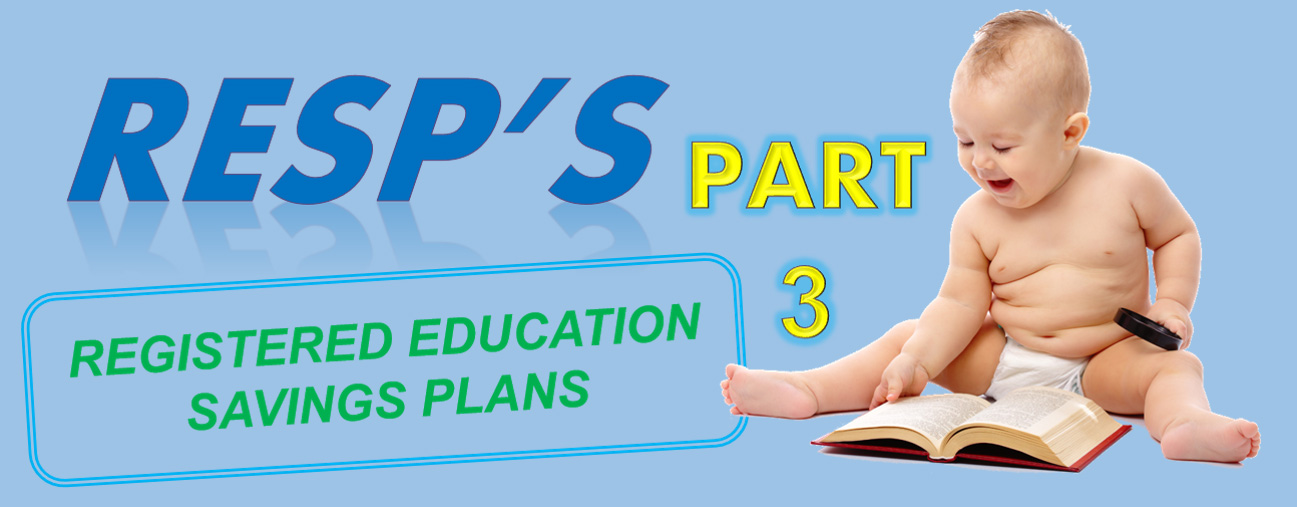

Take our “RESP” questionnaire based on the above three modules and you can get one of the cool badges below. You can share this badge and show your knowledge to your friends, depending how well you’ve retained our lessons on Registered Education Savings Plans.
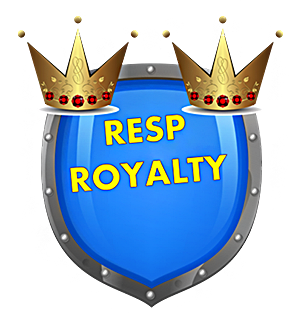

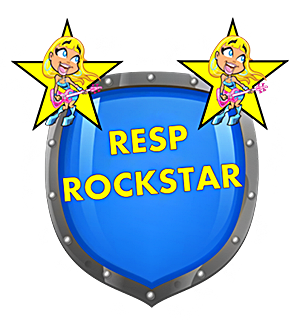



The RRSP.
The backbone of the Canadian retirement system.
Yet, RRSPs are not well understood by Canadians.
RRSPs help you to pay less taxes -yes, less taxes! Take a look at the video below to understand more about RRSPs, and their impact on your retirement.
WHAT YOU LEARN
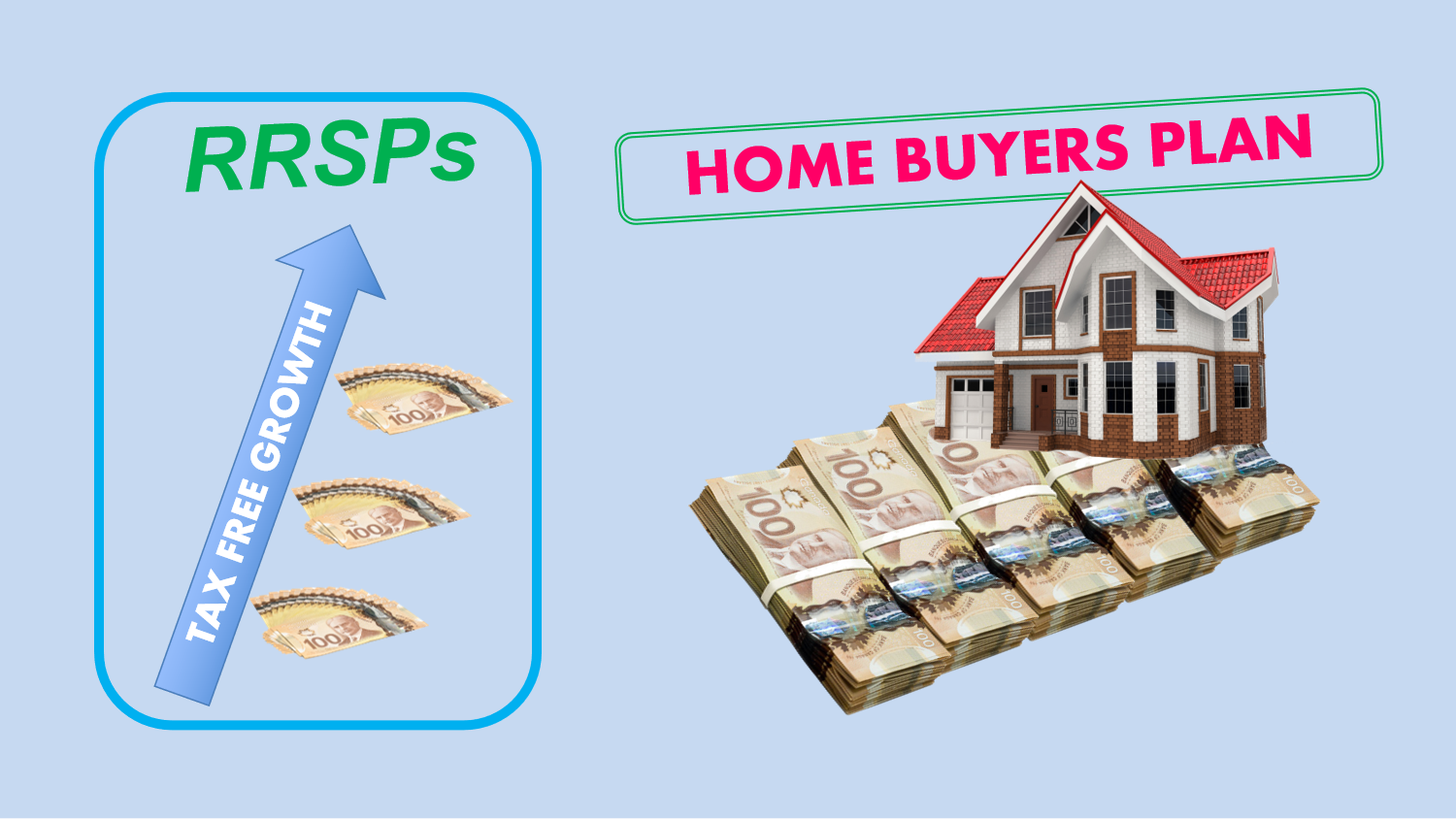
WHAT YOU LEARN
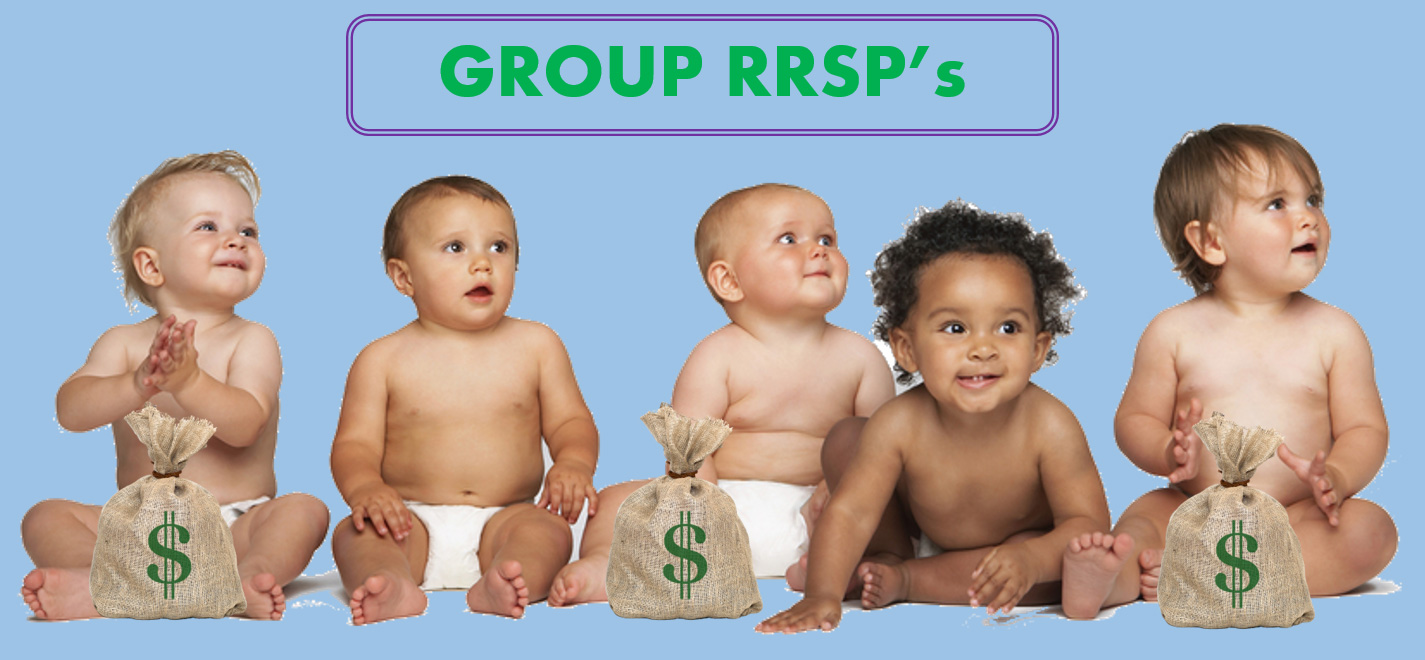
How your Taxes and Taxation works is of utmost importance for every citizen to understand.
Yes Taxation can be boring, but we have actually made it fun and very interesting to learn about.
Learning about how Taxes impact your investments is key to maximize your return.
Also learning how to file your taxes and how you can save money when you file your taxes is critical.
While tax software will automatically input your information, it can often miss eligible deductions and credits.
You can save hundred or even thousands of dollars, by understanding how your taxes work and understanding everything you are eligible for.
In this chapter we will give you a fairly comprehensive overview of the Canadian tax system, that you will truly enjoy!
WHAT YOU LEARN
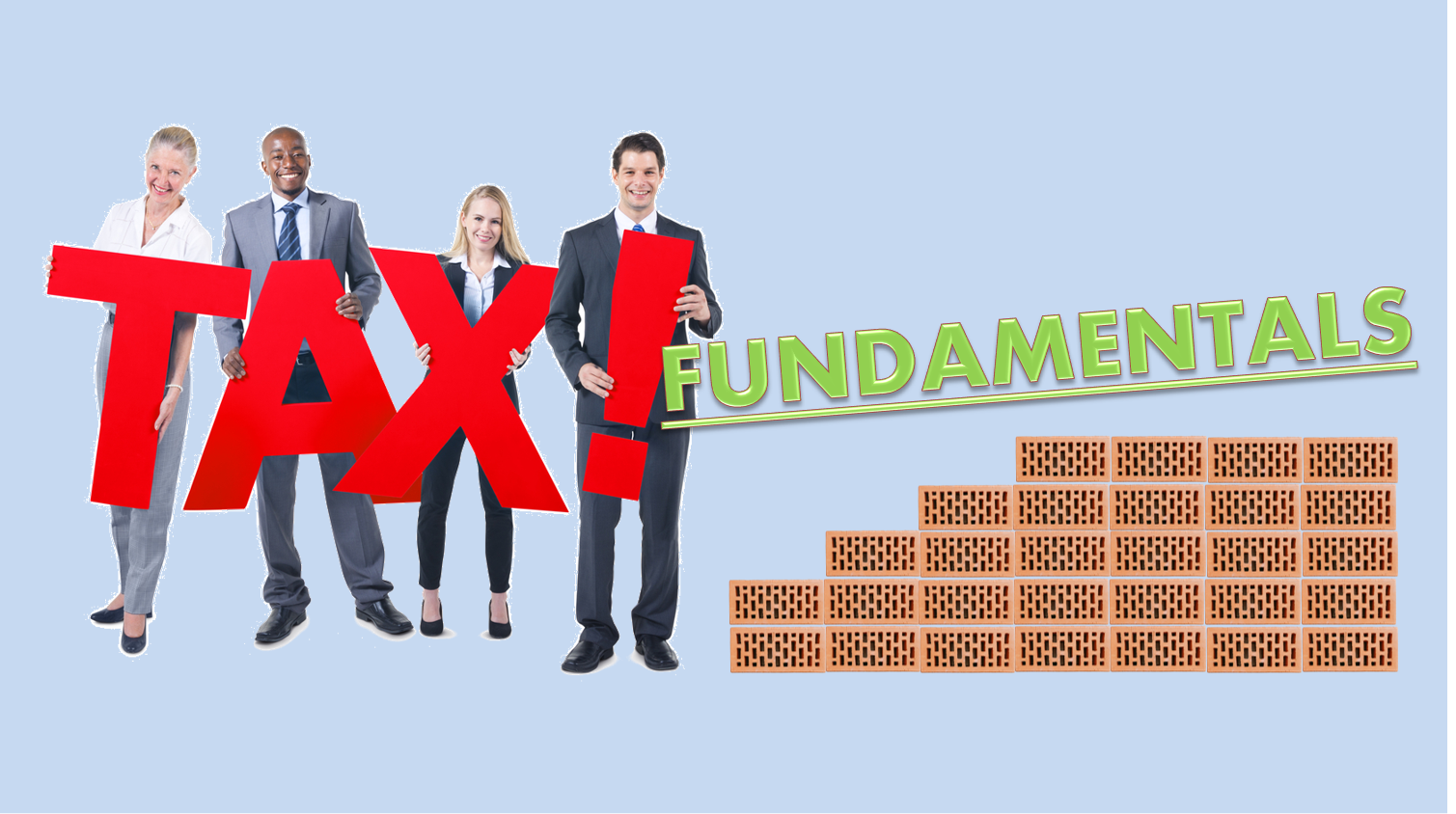
WHAT YOU LEARN
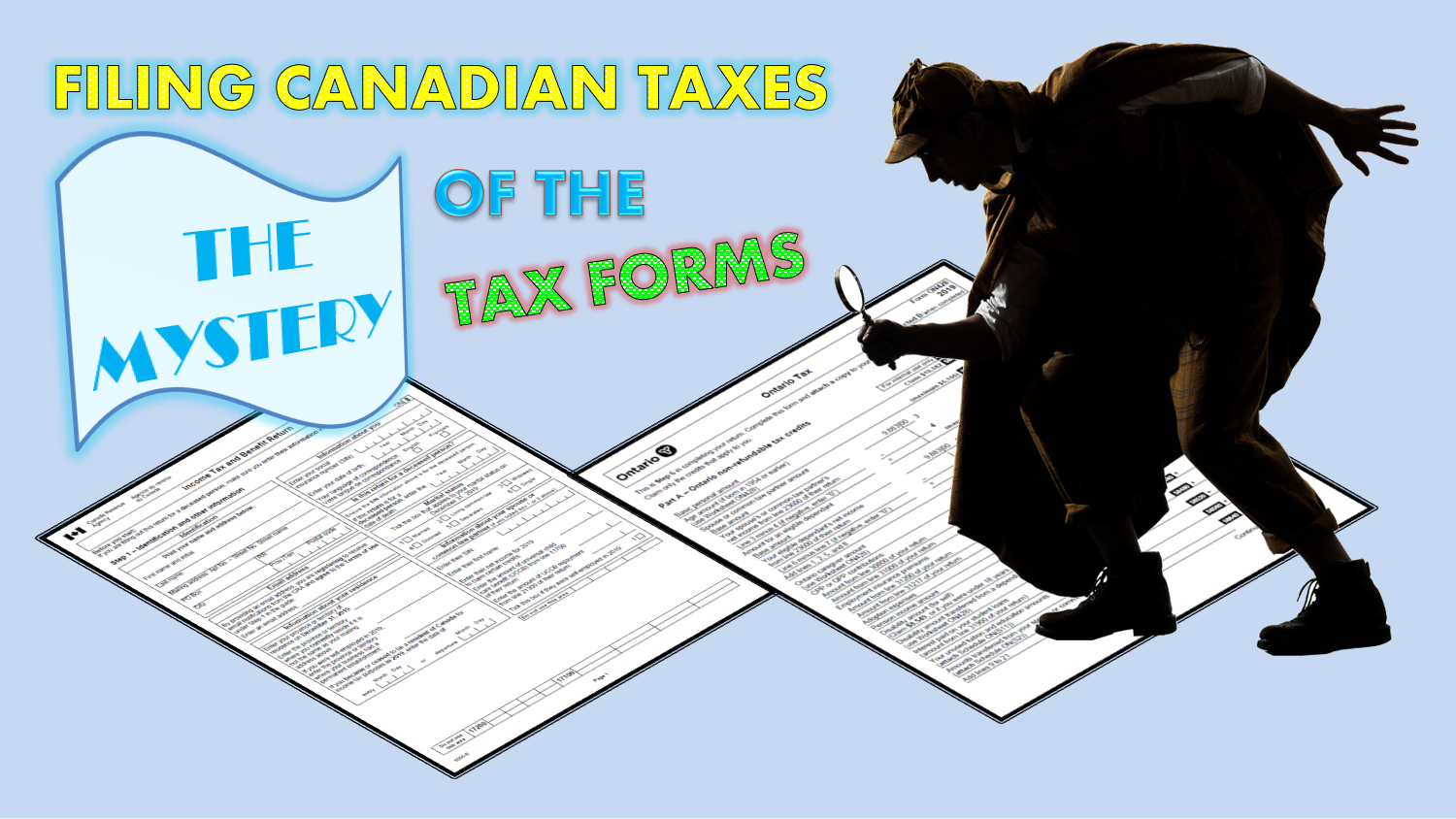
Life Insurance is a necessity for every parent, or anyone who is thinking about becoming a parent in the future.
What will happen to your family in the event that something happens to you? Ensure your child isn't left without your salary which would support them.
Watch below to learn more.

Take our “Life Insurance” questionnaire based on the above four modules and you can get one of the cool badges from below. You can share this badge and show your knowledge to your friends, depending on how well you’ve retained our lessons about the all-important field of Life Insurance.
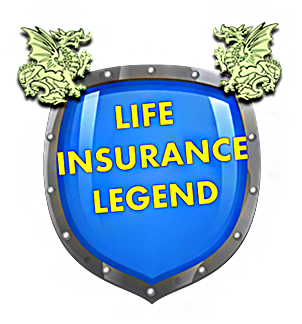

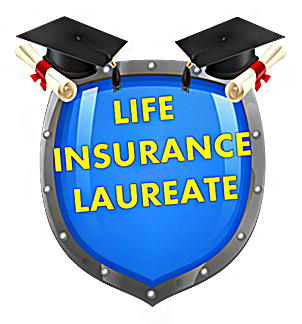



Copyright 2020, Valista Education. All rights reserved. Privacy Policy | Terms of Services

